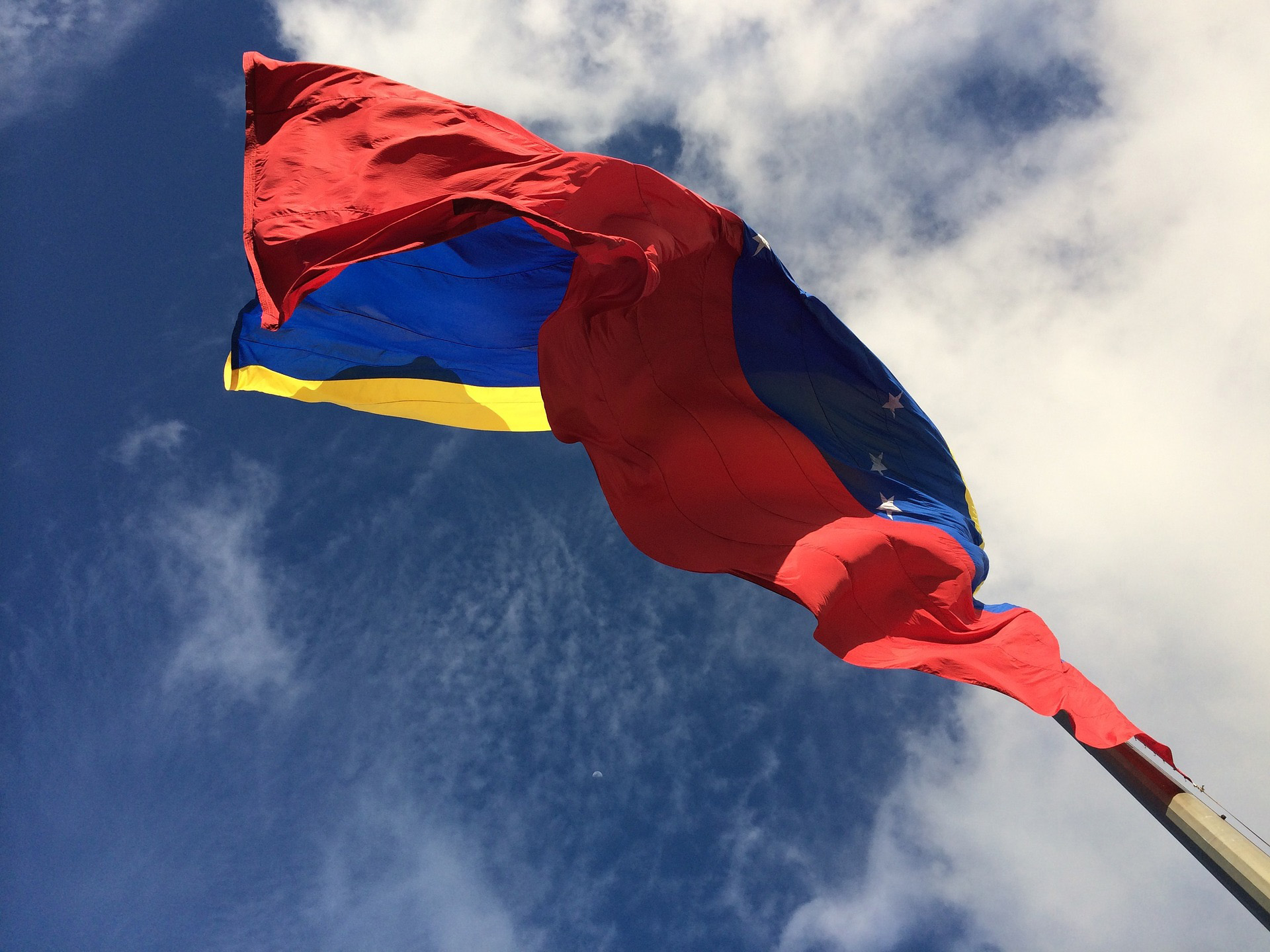
By: Ricardo Enrique Antequera
Progress on Industrial Property International and implementation of treaties
April 22, 2006: the Venezuelan government rejected the Cartagena Agreement and withdrew from the Andean Community. In that moment, a discussion and uncertainty started regarding the effect of community rules, especially Decision 486 of Intellectual Property but also international treaties signed by Venezuela.
The concern was intensified when the out-of-date Industrial Property Law of 1950 was validated by the decision of Autonomous Service of Intellectual Property (SAPI, by its acronym in the Spanish language), on the February 12, 2008. The effect of this action was to roll back the clock to a law that reflected the industrial and technological reality of that time —a world environment where concepts such as “globalization” and “integration” among countries were largely irrelevant [1].
This Industrial Property Law implementation also meant a step back to different procedures and regulations, related to obtaining and defending Industrial Property rights. Furthermore, many provisions of this law violated obligations assumed by Venezuela in international treaties. For example:
- Substitution of International classification of Nice by a national classification contained in Industrial Property Law.
- Elimination of the grace period for trademark renewals or, in the case of patents, reduction of reactivation period to 3 months for lack of payment of an annuity.
- Exclusion of patents for pharmaceutical, food and drink products; and
- Absence of regulation regarding important forms of Intellectual Property, such as designation of origin, three-dimensional or collective brands.
Uncertainty about the implementation of rules resulting from international treaties increased further with the Venezuelan TMO’s decision on November 5, 2008, issued by Manager Director Jumersi La Rosa, which stated:
“(…) regarding application of TRIPS and Paris Convention of 1883, these rules cannot be directly applied in essential aspects of trademarks and invention patents since there is not a law that has compiled said rules and there is not a legal provision that validates their implementation to regulate essential aspects of trademarks and patents (…) it is not possible to implement the provisions set forth in these treaties in essential aspects of trademarks and inventions directly”.
The decree ended by saying that “non-implementation of Decision 486 makes inapplicable Nice classification. While Venezuela is not a formal member of MERCOSUR, Nice Classification cannot be applied (…)”.
This situation continued despite that on July 31, 2012, it was formally decided that Venezuela would enter as an official member of MERCOSUR, which obligates countries to implement Paris Convention’s rules, TRIPS and the Nice classification.
On November 10, 2016, the Venezuelan TMO issued decisions No. 238 and 239 relating to the validity of the designation of origin (trademark) granted during the validity of the Andean rules in Venezuela (the legal base of which was TRIPS’ rules, the Paris Convention and MERCOSUR’s protocol), indicating that these rules can be directly and preferentially applied pursuant to the Constitution.
In both decisions, the TMO expressly pointed out:
“Whereas: international treaties subscribed by the Nation as: Paris Convention for protection of Industrial Property, the Agreement on Intellectual Property Rights Aspects related to Trade (…); as well as Regional Integration Treaty of Southern Common Market (MERCOSUR) and its harmonization protocol on Industrial Property rules in MERCOSUR, which protects and orders its Members to provide protection to Designations of Origin, all this under a legal framework according to article 153 of the Constitution of the Bolivarian Republic of Venezuela that set forth that rules adopted in an integration agreement framework shall be considered part of current laws and applicable directly and preferentially to internal regulations.”
As a result, the body in charge of Venezuela’s Intellectual Property’s policies has made clear that rules contained in international treaties subscribed by Venezuela are directly applicable and an additional internal regulation is not necessary to make them mandatory. Furthermore, all points of Industrial Property Law in conflict with obligations resulting from international treaties must be excluded.
It is our hope that the new decisions of November 10, 2016 will mean that the priority assigned to the international treaty rules, such as patents of pharmaceutical products, classification of products and services by trademark, or renewal periods of Industrial Property rights, are analyzed and decided according to international treaties’ rules.
Sources:
- Photo by jeanmanzano- pixabay.com/ CC0 1.0
- [1] http://www.antequera.com.ve/index.php?mod=articles&exec=detail&id=87







